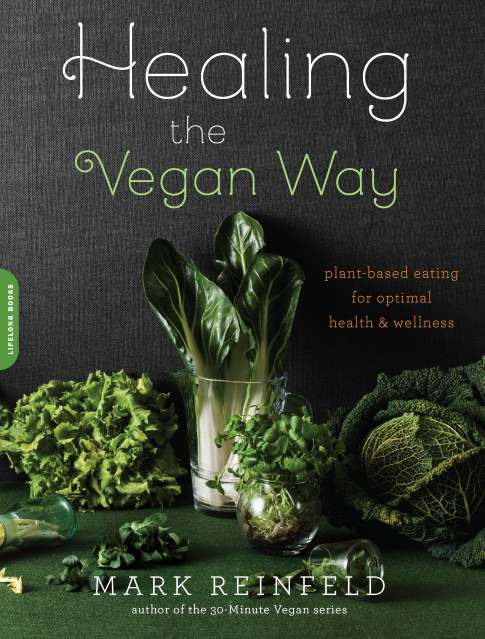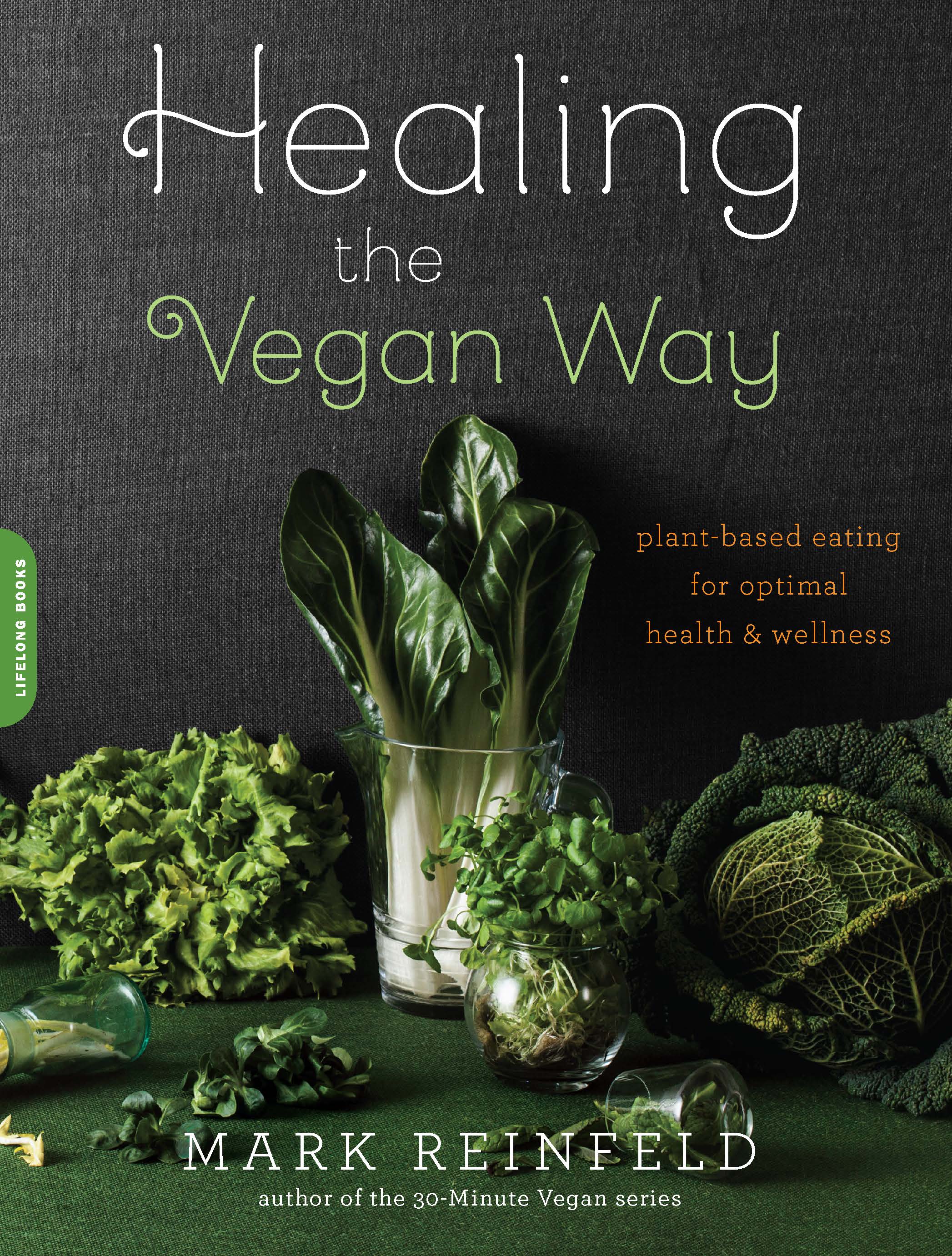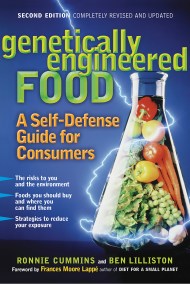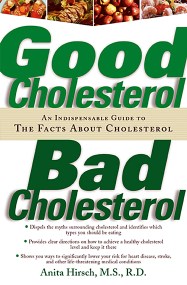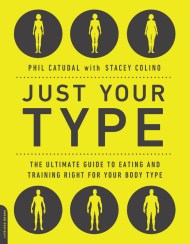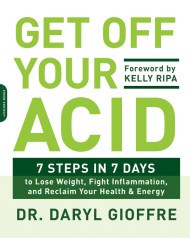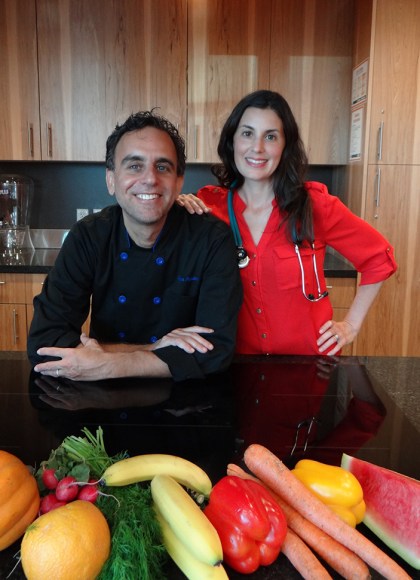Promotion
Use code MOM24 for 20% off site wide + free shipping over $45
Healing the Vegan Way
Plant-Based Eating for Optimal Health and Wellness
Contributors
Formats and Prices
Price
$15.99Price
$20.99 CADFormat
Format:
- ebook $15.99 $20.99 CAD
- Trade Paperback $22.99 $28.99 CAD
This item is a preorder. Your payment method will be charged immediately, and the product is expected to ship on or around July 12, 2016. This date is subject to change due to shipping delays beyond our control.
Also available from:
According to increasing evidence, plant-based diets are better for the health of both people and the planet, leading to a dietary revolution. But with all the conflicting nutritional theories out there, how do you decide which foods are truly best for you? With contributions from leading medical professionals like Dr. Michael Klaper, Dr. Michael Greger, and Dr. Joel Kahn, Healing the Vegan Way demonstrates a Clear and Simple path through the latest medical research on different approaches. With practical tips for plant-based living, 200 simple whole-food recipes, health-supportive cleanses, menu plans, and more, Healing the Vegan Way helps you maximize benefits for both body and mind.
Genre:
-
#1 Best Books for Vegans of 2016Philly.com
-
"Healing the Vegan Way is more than just an amazing cookbook. It's an invaluable guide for anyone in search of the way to optimum health through a plant-based diet. A must-read!!"—Marco Borges, plant-based advocate and New York Times bestselling author, founder of 22 Days Nutrition program
“If you're interested in how eating plants can heal your body and nourish your spirit, look no further. Mark Reinfeld is a superb guide on the journey. His recipes are fabulous and his wisdom reliable.”—John Robbins, author of Diet For A New America, President of the Food Revolution Network
"Healing the Vegan Way is a rich document that goes clearly beyond a cookbook. It is a thorough scientific resource with excellent documentations surrounding great recipes."—Hans A. Diehl, DrHSc, MPH, CNS, FACN Clinical Professor of Preventive Medicine, School of Medicine, Loma Linda University
Founder, CHIP and Lifestyle Medicine Institute
"This guy can seriously cook. Went to a conference where Mark made all the meals, and incredible does not begin to describe the culinary experience. If the whole world had Mark as their chef, I would be out of business. His new recipe book is beautiful and practical."—Dr. Garth Davis, author of Proteinaholic -
"No one I know can make [culinary] magic happen better than Mark Reinfeld. In Healing the Vegan Way, Mark presents principles for creating a delicious menu that will help heal all the tissues and organs of the body—while also bringing delight to the tongue and palate. Bon appétit!"—Michael Klaper, M.D.
"Healing the Vegan Way is a wonderfully written resource for anyone interested in the countless health benefits of a plant-based diet. Mark Reinfeld combines comprehensive expert testimonies with an extensive array of delicious, easy-to-prepare recipes that will impress everyone at the table."—Neal Barnard, MD
“When plant foods are incorporated into healthy recipes and diets, they can play a critical role in treating and even reversing the common diseases we face today. Healing the Vegan Way is a valuable, practical guide that shows us the way to enjoy optimal health.” —John Westerdahl, PhD, MPH, RD; Chair, Vegetarian Nutrition Dietetic Practice Group of the Academy of Nutrition and Dietetics
Milwaukee Shepherd Express, 8/30/16
“Healing the Vegan Way underlies the recipes with a message, and in this case, the title says it all. The selling point for [Mark Reinfeld's] whole-food, plant-based dietary agenda is the recipes themselves.”
- On Sale
- Jul 12, 2016
- Page Count
- 416 pages
- Publisher
- Da Capo Lifelong Books
- ISBN-13
- 9780738217789
Newsletter Signup
By clicking ‘Sign Up,’ I acknowledge that I have read and agree to Hachette Book Group’s Privacy Policy and Terms of Use
